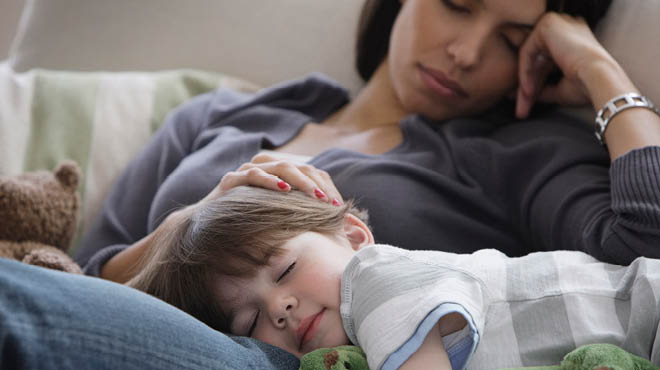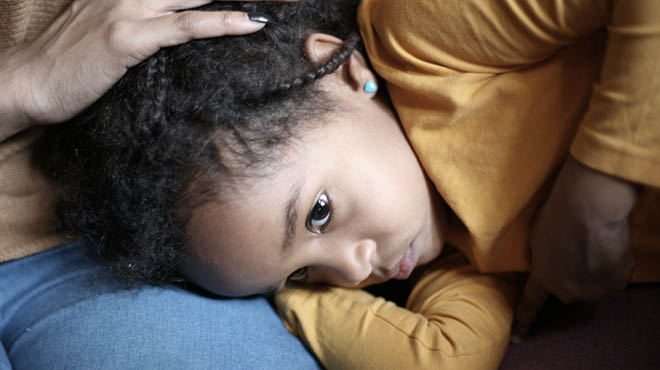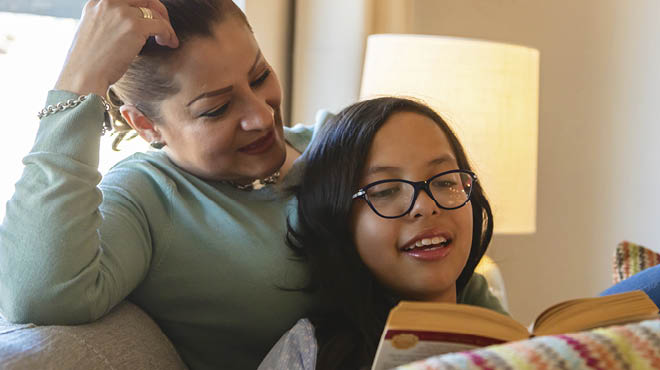Recent Posts
7 ways to combat coughs, colds

The next time you see your health care team for an upper respiratory illness, such as a common cold or cough, antibiotics may not be part of the treatment plan. Antibiotics are used to treat bacterial infections, such as pneumonia, and won't help viral illnesses like colds, flu and most sore throats.
So what can you do to combat a viral illness?
Some at-home remedies can ease your symptoms. With the common cold, you can expect to experience symptoms for one to two weeks.
To make yourself as comfortable as possible when you have a cough or cold, try to:
- Drink plenty of fluids.
Stay hydrated with water, juice, clear broth or warm lemon water with honey. Avoid caffeine and alcohol, which can dehydrate you. - Eat chicken soup.
Chicken soup and other warm fluids, such as warm apple juice or tea, can be soothing and loosen congestion. - Rest.
Stay home from work or school if you have a fever or bad cough, or are drowsy after taking medications. This will give you a chance to rest and reduce the chances you'll infect others. - Adjust your room's temperature and humidity.
Keep your room warm but not overheated. If the air is dry, a cool-mist humidifier or vaporizer can moisten the air and ease congestion and coughing. Keep the humidifier clean to prevent the growth of bacteria and molds. - Soothe your throat.
Ice chips, throat sprays, lozenges or sugar-free hard candy can help keep your throat from feeling dry and scratchy. A saltwater gargle can temporarily relive a sore throat. Dissolve one-quarter to one-half teaspoon of salt in a 4- to 8-ounce glass of warm water. This can relieve a sore or scratchy throat temporarily. Lozenges, hard candy and saltwater gargle are not recommended for children younger than 6. - Use saline nasal drops.
To relieve nasal congestion, try saline nasal drops. You can buy these drops over the counter, and they can help relieve symptoms ― even in infants and children. - Take over-the-counter cold and cough medications.
For adults and children older than 5, over-the-counter decongestants, antihistamines and pain relievers might offer some symptom relief. However, they won't prevent a cold or shorten its duration, and most have some side effects. Take medications only as directed on the label. Some medications include multiple ingredients, so read labels carefully to understand what ingredients are in the medication. Experts agree you shouldn't give these medications to younger children. Overuse and misuse of cold and cough medications can cause serious damage. Talk with your child's health care team before giving medications.
Although colds are usually minor, they can make you feel miserable. It's tempting to try the latest remedy, but the best thing you can do is take care of yourself. Rest, drink fluids and keep the air around you moist. Also, remember to wash your hands frequently.
Timothy Slama, D.O., is a Family Medicine physician in Fairmont, Minnesota.






